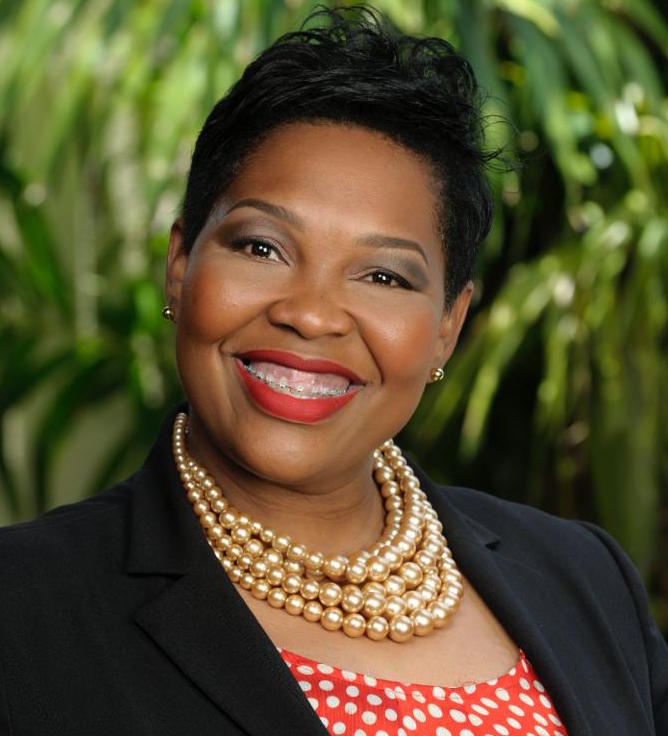by Marlon Madden
As the island’s sole electricity company seeks an increase in its base rate that could see some residents paying as much as 20 per cent more on their bills, we take a look this week at the various components that make up your electricity bill.
Last week, the Barbados Light and Power Company Ltd. (BLPC) made an application to the Fair Trading Commission (FTC) for an 11.9 per cent hike, pointing out that it proposed the increase should not be more than $6 for those customers using less than 150 killowatt hour (kWh) of electricity in a month.
“The typical bill increase resulting from the proposed rate increase is estimated to range from 5 per cent to 20 per cent, depending on the tariff on which customers receive their service,” the company explained.
On a typical household bill, there are three main components that make up the charges – the customer charge, the energy charge and the fuel charge. And of course there is the Value Added Tax (VAT).
Commercial customers have a fourth component to their bill, which is linked to their demand. In explaining the various components of the electricity bill, BLPC Director of Customer Solutions Kim Griffith-Tang How said the fuel charge component was responsible for over 60 per cent of the sub total of the bill amount.
The fuel charge element of the bill, which is also known as the Fuel Clause Adjustment (FCA) component, is a variable charge that can change on a monthly basis depending on the cost of fuel on the international market.
For the month of September, this charge was 32.8251 cents, which is over 10 cents more than it was exactly a year ago given the continuous rise in international oil prices. So, a customer that uses 140 kWh of electricity for the month for example, would end up being charged $45.96 cents for that component at the current rate of the FCA.
“It moves on a monthly basis and the price of fuel is set by the international market and we currently purchase our fuel from major oil companies on the island such as the Barbados National Oil Company and others. So the price for us is the price that is given to us,” said Griffith-Tang How.
“We do not put a mark up on the price of fuel. We do not make any money from the price of fuel. So the price of fuel is a pass-through cost to customers,” she added.
Another component of the bill is the energy charge, which can also go up or down per month, based on how much electricity is used by the individual. Depending on the tariff group, this charge can range from as low as $0.15 cents per kWh and up to about $0.20 per kWh.
Therefore, if a customer falls at the lower end of $0.15 and uses 140 kWh of electricity, the cost for this component for the month would be $21 and if it is at the higher end at the same kWh usage the cost would be $28.
“This is also variable meaning that it can also change on a monthly basis and that changes because it is based on how much electricity you use. So for instance, if you go away for holiday on a month you will see that energy charge may fall because you were not using all of the appliances. The last increase on that charge was over 11 years ago,” said Griffith-Tang How.
The third component of the bill for residential customers is the customer charge, which is a fixed charge. This can be as low as $6 for some customers depending on the tariff group.
Therefore, for a residential customer using 140 kWh of electricity for the month, the sub total of the bill before the VAT and possible discount would be $72.96. This would then attract VAT at 17.5 per cent (or $12.77).
The same charges also apply to commercial customers. However, commercial customers have another charge, which is referred to as the demand charge, which Griffith-Tang How said was also set over a decade ago.
Griffith-Tang How made it clear that the company has been trying over the years to put measures in place that would avoid any fallout, adding that the company was mindful of the impact electricity costs could have on individuals and businesses. Griffith-Tang How was speaking during a recent media briefing in which company officials sought to better explain the reason behind the increase.
“For some time now we have been conscious of the impact of the price of our service to our customers, particularly the commercial customers. And there have been a number of initiatives over the years that we have put on the table to try to mitigate the bill impact for customers,” she informed.
If granted the 11.9 per cent rate increase, this means a commercial entity could be required to fork out as much as $3,000 more, depending on their electricity demand.
marlonmadden@barbadostoday.bb




